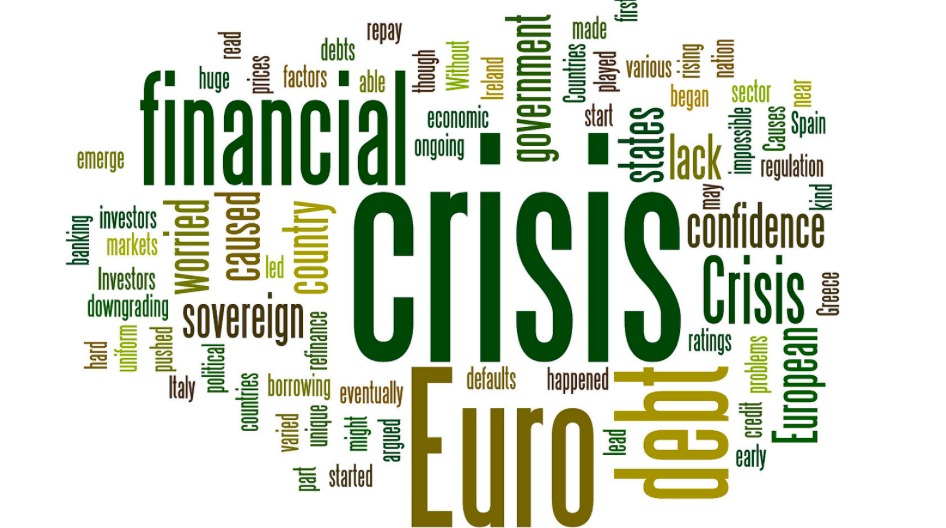The 10th anniversary of the Lehman Brothers bankruptcy, as well as the financial crisis that followed, has generated plenty of commentary.
A lot of it has centered around questions such as: Could it happen again, and what would be its cause this time around?
Like most complex situations, I think there are several major reasons why the events of 2008 unfolded the way they did.

Loan Underwriting
One reason, in my opinion, was lack of proper loan underwriting by those responsible at banks for making lending decisions.
I’m referring here to mortgage lenders, commercial banks, savings and loan institutions and investment banks.
In my analysis, the largest and most damaging bankruptcies occurred at financial institutions that failed the basic task of assessing credit risk.
Risky Leverage
Lehman and Bear Stearns both bought mortgage lenders that specialized in subprime lending, as did Merrill Lynch.
In the commercial banking area, the biggest bankruptcy was by Washington Mutual, which JPMorgan (JPM) acquired at the urging of the government.
Next, in my view, you also have to consider the amount of leverage financial institutions took on to buy these assets of lower quality.
Weak Oversight
A big part of the responsibility of a board of directors, in my view, is to understand the risk exposures of the various business lines of the company it oversees.
In my opinion, the boards, in some cases, did not perform that task.
I think the government takeover of giant insurer American International Group (AIG) is a good example.
Its hidden derivative exposure tied to the housing crisis brought the company down, rattled the financial system and prompted a controversial $85 billion government bailout in 2008.
Policymakers
Then there’s the debate over the major policymakers of that era: former Treasury Secretaries Hank Paulson and Tim Geithner, as well ex-Federal Reserve Chairman Ben Bernanke.
In my view, the lack of a fully functioning government over the last few decades ultimately placed these financial officials into very difficult positions.
Before the large institutions got into trouble, but when it was foreseeable, finance industry CEOs couldn’t get the politicians to agree on any kind of legislation to prevent a crisis in my opinion.
Politicians
It was only after the patient had the heart attack that anything got done. So, in my analysis, political leaders also share the blame.
In my opinion, there will likely be financial stress in the world over the next few decades.
Markets are inherently volatile, in my view, because the world is interconnected and the digital transformation makes most systems easily accessible to global participants.
On top of that, remember that a wide variety of financial instruments trade by the millisecond and turmoil can spread across asset classes quickly.
Takeaway
I think 2008 was a very rare circumstance.
Yet when it comes to finance, if you make bad decisions, you will ultimately suffer in my view.
In my opinion, you can only control what you do with your own capital and look for the opportunities out there.
Photo Credit: EuroCrisisExplained.co.uk via Flickr Creative Commons



